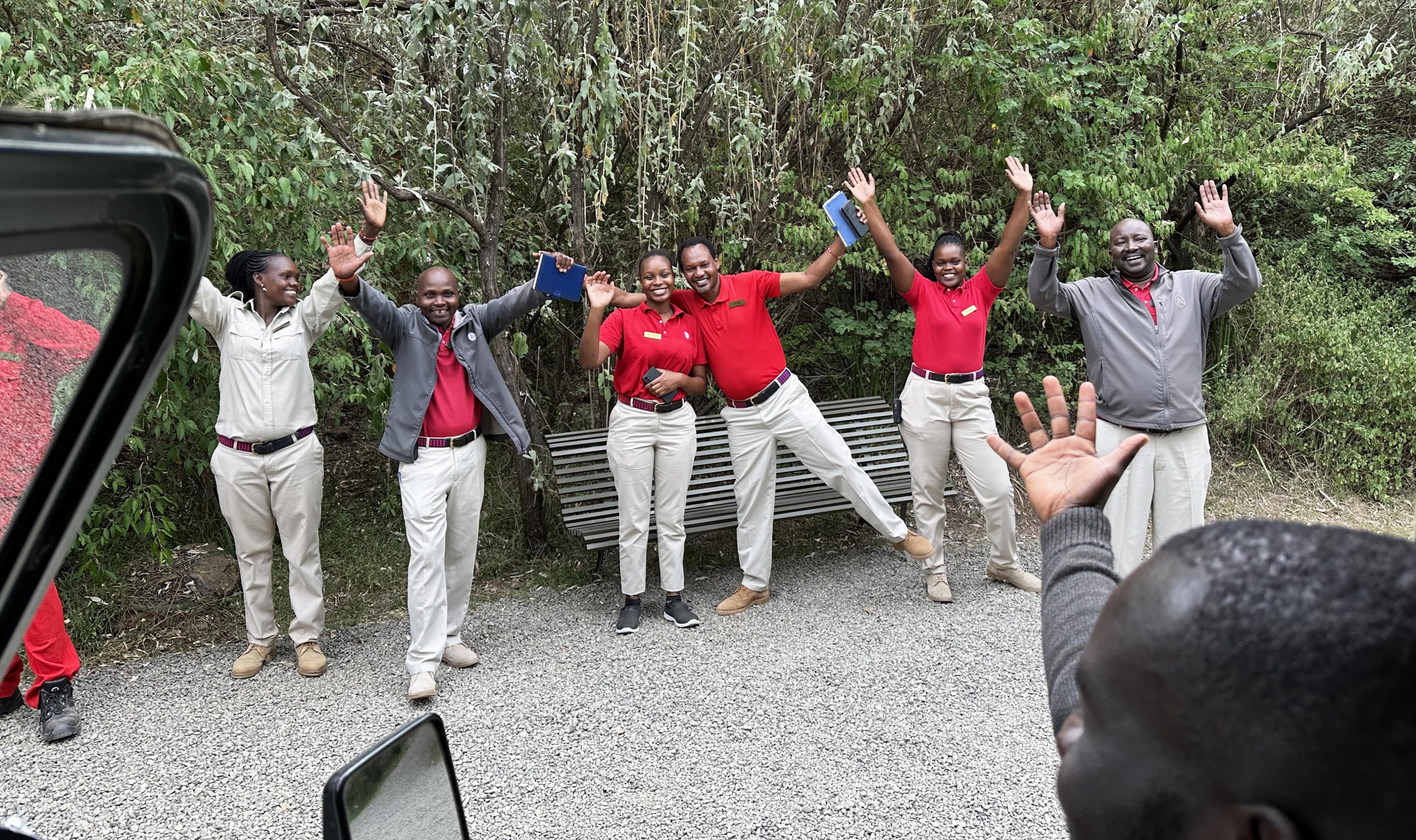Join/
Insiders
A Sleep Expert's Tips for Avoiding Jet Lag and Sleeping Better While Traveling
"Getting the right amount of sleep enhances the quality of every minute we spend with our eyes open," writes Arianna Huffington in her book The Sleep Revolution: Transforming Your Life, One Night at a Time. Huffington has even created a full media campaign around the importance of sleep—something that many of us overlook in our quests for wellness.
As we welcome 2019 with resolutions to lead healthier lives, ensuring that we get enough sleep each night should play an equally important role as our diet and exercise regimes. Sleep is particularly important for travelers looking to make the most of their precious time on the road, but venturing into a new time zone is notoriously disruptive to our sleep schedules as we battle the effects of jet lag. To help you fight the dreaded jet lag and enjoy better sleep on your next trip, we asked Indagare member Dr. Joseph Ojile, the founder, CEO and medical director of the Clayton Sleep Institute in Missouri and a member of the Board of Directors of the National Sleep Foundation, to share his best advice.
How can we fight jet lag and re-set our bodies’ internal clocks while traveling? Though the effects of travel vary based on everyone's individual biology, as a general rule of thumb, it takes your body one day to recover for every two time zones crossed in your travel. There is no end-all cure for jet lag, but there are recommendations you can follow to alleviate the many symptoms that come along with our bodies’ internal clocks being thrown off due to travel. Receiving 20 minutes of bright and/or natural light early in the morning can coincide with the “drop and stop” of melatonin in our bodies and can help to establish the wake part of our sleep- wake cycle, which lasts approximately 20 minutes. Light is the essential cue that influences our circadian rhythms, which divide our 24-hour day into optimal periods of biological drives, such as sleep. Sunlight can cause the brain to send signals to the pineal gland to suppress production of melatonin, which is the hormone that helps control when you are awake and when you go to sleep.
Another effective method that you can practice in advance is to slowly begin to approach your destination’s local sleep time several days ahead of your travel. For example, if you are traveling from the East Coast to Western Europe, go to bed 30-60 minutes earlier each of the three days prior to your trip. This same technique may be applied in a variable fashion to other destinations.
Are there any common misconceptions about jet lag?A common misconception about jet lag is that you can “catch up” or “recover” the sleep lost due to time zone changes. It is crucial to try and synchronize your body clock with the local time of your destination. It is easier for your body to adjust when you fly west because, although you are losing hours, the local time of your destination will be more in tune with your body clock.
Are there any sleep aids or supplements that are beneficial for promoting sleep? Taking 5 mg of melatonin 90 minutes before you plan to go to sleep can help to get your core body clock in sync with the local external time. If you travel frequently, you should consult your physician about a program to improve sleep that might include low-dose medications to support your natural circadian body clock.
Related: The Top 10: How to Stay Healthy While TravelingAvoiding both alcohol and heavy, fatty foods during a long flight is highly recommended. Heavy foods can heighten the effects of jet lag, making you feel sluggish and lethargic. Alcohol can contribute to the dehydrating effects of flying, which is why drinking more water than usual is also recommended. A light meal on the plane will be the most beneficial to your sleep health when traveling.
Which accessories do you think are the most helpful for getting a good night’s sleep on the flight? Consider accessories that promote a comfortable sleep environment and help mimic your home sleep environment. For example, use eye masks for light suppression or soothing music for background white noise. Additionally, loose, comfortable clothing and shoes are recommended.
Do you think it is beneficial to track our sleep habits with an app or device? Fitness trackers can help to get people thinking about their health and learn more about their sleep patterns, but there are limitations in using the devices to improve on sleep quality. These trackers have not been scientifically validated to track the quality of sleep, and data from sleep trackers is not comparable to what is shown in a sleep study. Fitness trackers simply do not have the capabilities to differentiate between light and deep sleep and can be inaccurate when detecting movement. Also, these devices do not take into consideration the many contributing factors that could be responsible for chronic insomnia, such as depression, stress, anxiety, poor sleeping habits, sleep disorders, medication and more.
Are there any other sleep tips that you recommend while traveling? Avoid caffeine or any other stimulant to prevent interference with the onset of increasing melatonin levels, which occurs in the evening time of your internal body clock. Caffeine is not a substitute for sleep and can also increase urine output, disrupting sleep while traveling.
Do you have a favorite recent trip that you've taken? And where are you hoping to travel next? My most recent favorite trip was Egypt, and I am hoping to visit New Zealand and Beirut in the future.
Related: The 16 Best Wellness Retreats
Published onJanuary 7, 2019
Plan Your Trip With Us
We only feature hotels that we can vouch for first-hand. At many of them, Indagare members receive special amenities.
Get In Touch


